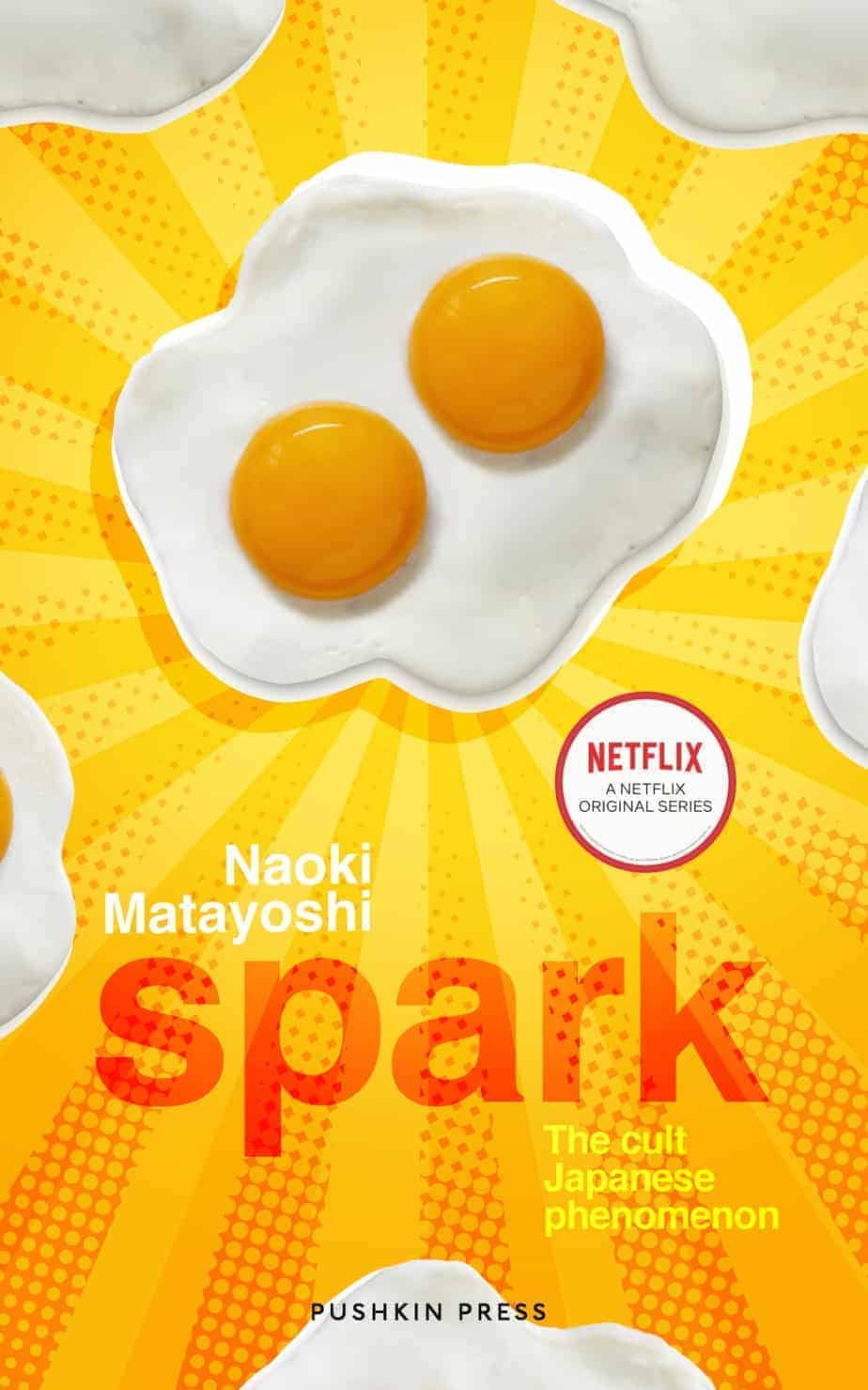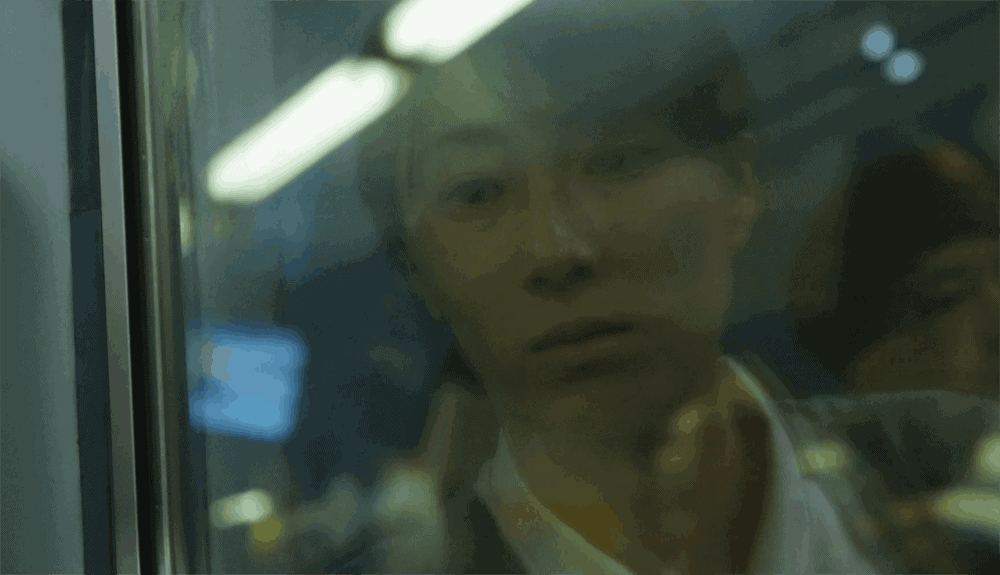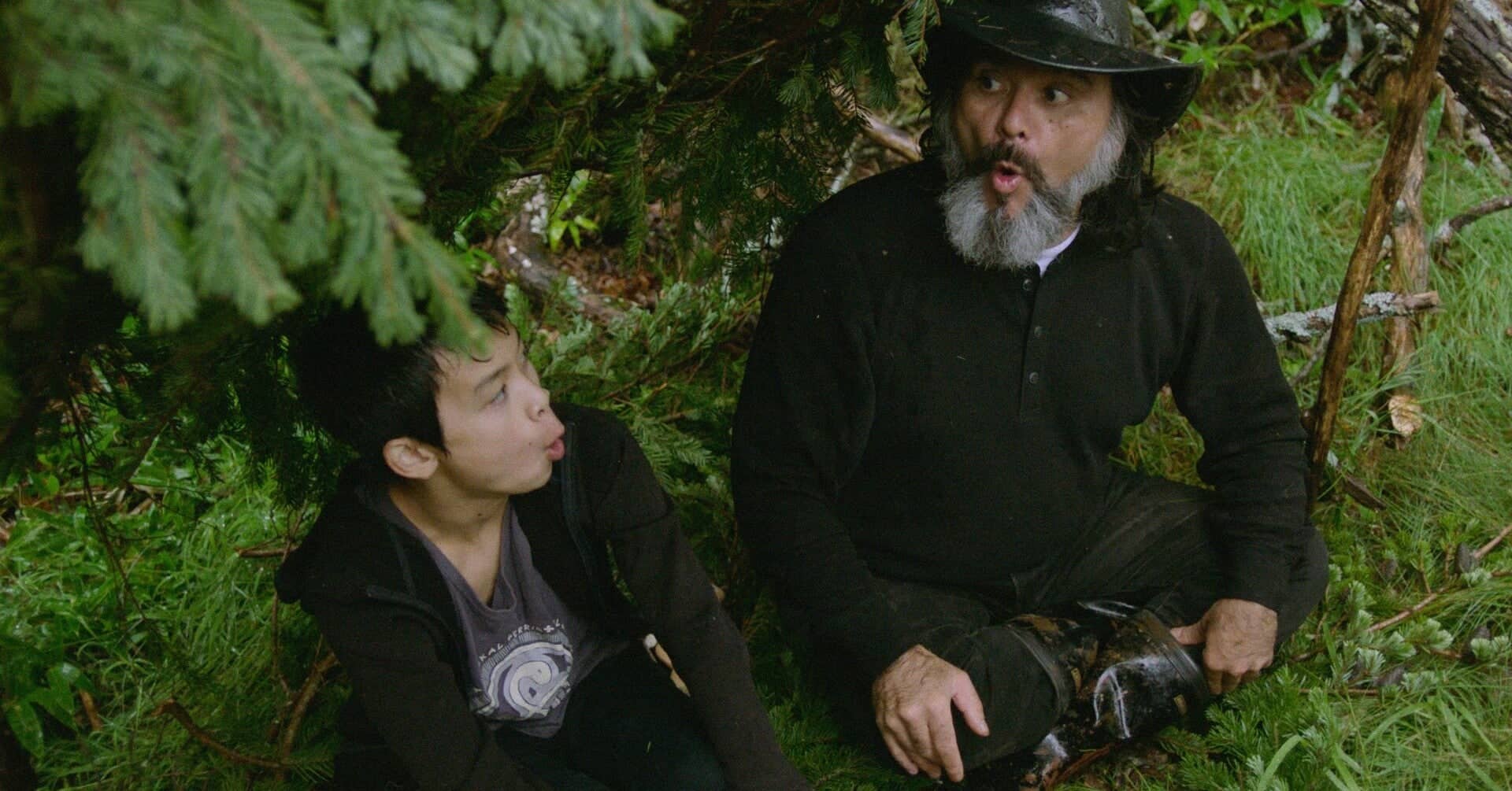“Spark” by Naoki Matayoshi is by all accounts a hit novel in Japan. It has sold more than three million copies, won the most prestigious Japanese literary award, the Akutagawa Prize, and was later adapted in a hit Netflix TV show with the same time. The book is finally being published in English.
Buy This Title
During a small summer festival in the countryside, the young manzai comedian from the comedy act Spark, Tokunaga becomes awed by the confrontational and extreme humor of Kamiya, another manzai comedian. He is so in awe with him, in fact, that asks Kamiya to become his comedy master, to which the latter agrees only if the younger man writes his biography. The two men start speaking on the phone and meeting frequently, spending their nights out drinking and going to Kamiya's non-quite-girlfriend who cooks and takes care of both of them. Through the years, the two men create a deep friendship all the while trying to pick their comedy careers off the ground.
Writing and translating a book about comedy, especially the type like manzai where rhythm and delivery matter the most, is an incredibly difficult task. It is made even more complicated by the fact that any type of translation, even one as superb as that of Alison Watts, between English and Japanese simply cannot render properly the intricate wordplay and freeform connections that make this type of comedy so popular in Japan. This made me a bit worried going into the book as I expected it to be more manzai jokes-heavy, considering it is written by a comedian and is about comedians. However, this isn't a problem here. That is because at its core, “Spark” is not a funny novel and it does not aim to be one. Rather, it is an entertainingly serious book about the art of manzai, the people who dream of making others laugh, and the brutality of the entertainment world.
And what a brutal and unforgiving world that is. With new comedians popping out all of the time and even the older acts like Spark having to constantly fear falling back into obscurity, even after getting a bit of recognition and TV fame. This uncertainty is what fuels the characters', and by extension, all other manzai comedians' deep insecurities and fear of rejections. This we see both through Tokunaga's constant internal monologue but more importantly and poignantly, through Kamiya's apparent nonchalance and dedication to never quitting manzai. Starting off as commendable in the beginning, this attitude verges on the mad towards the end of the short novella.
Kamiya's character arc and its relationship to Tokunaga's growth both as a comedian and later, a person, is one of the most fleshed-out and touching aspects of “Spark.” And undoubtedly, its main focus. Told in third person through the eyes of Tokunaga who becomes less and less admiring as time goes by and starts seeing his master in a more objective but ever friendly and non-judgmental way. Through him, we too, start seeing this apparent god of anticomedy for what he really is, a vulnerable and self-conscious person full of insecurities and complexes. A person who is okay to mooch off a girl who obviously loves him but is afraid to start a relationship because he doesn't want to disappoint her. In a word, he is a polarizing type of person who is a true non-conformist or a fake who fears of growing up and does not want to admit his life has been a waste. Though Tokunaga thinks the first for the majority of the novel, with time, he starts feeling ever so slightly that it is the second. However, we as readers cannot but see right from the very beginning glimpses of Kamiya's childishness and insecurities.
Our investment in the characters and their growing camaraderie is made even stronger through Alison Watts' brilliant translation. The novel just flows and has this incredibly cinematic quality to it. Many a time I saw the scenes of Kamiya and Tokunaga drinking and talking about life so vividly in my mind, that I thought I had seen the hit Netflix show based on the book. And I mean real actual scenes playing in my mind with different angles, cuts and the whole shebang. In fact, this cinematic feel to the story is so strong that it actually implanted false memories of actually sitting and watching the episodes; and checking my phone; and talking to my chinchilla. Though I am absolutely convinced I hadn't seen the Netflix show (I'm not the biggest fan of the streaming service and the majority of its productions), the vividness of the memories made me check numerous notes and online accounts just to make sure. Well, I was correct, I hadn't. What's even more, many of the scenes of the TV show which I skimmed upon finishing the book in a single day, turned out more or less the same as I had “seen” them in my imagination. That is incredible and speaks volumes about the quality of Naoki Matayoshi's writing and Alison Watts' translation.
Naoki Matayoshi's “Spark” is a short, entertaining, and easy to read novel about manzai and the growing friendship between two comedians. Though about a very niche artform such as is the manzai comedy, the novel deals with universal themes in an elegant and delightful way.
















